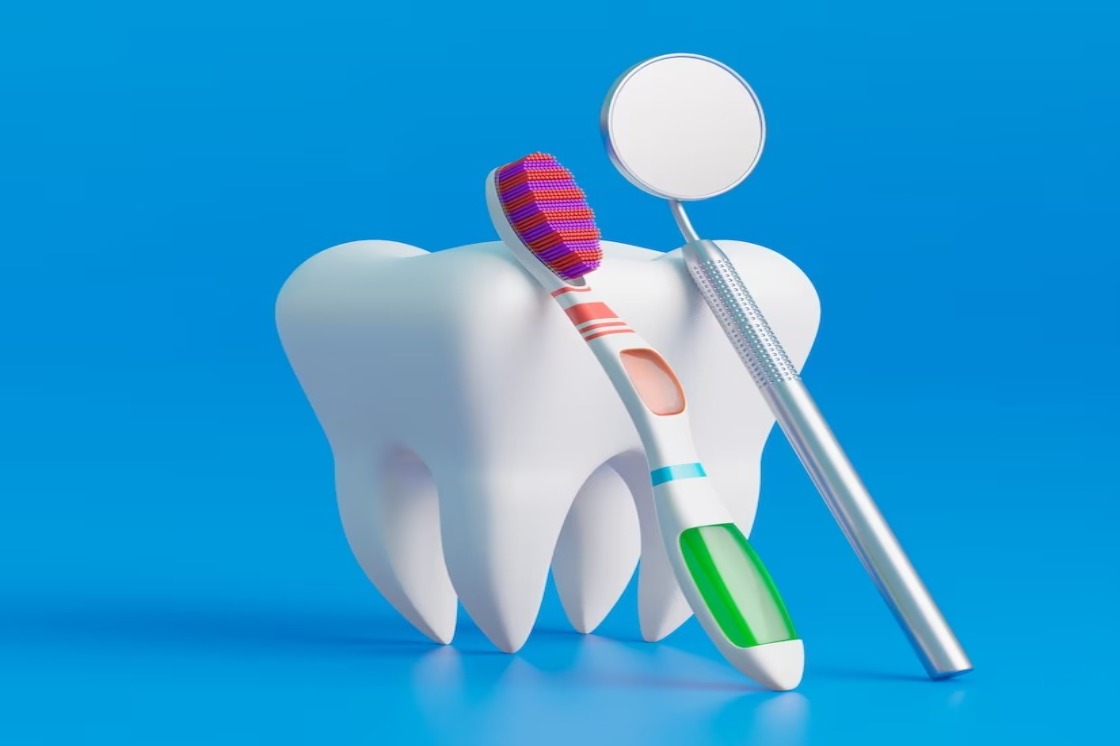
In the realm of healthcare, the intricate links between different aspects of our well-being are becoming increasingly apparent. One such fascinating connection exists between oral health and mental well-being. Beyond the traditional focus on preventing cavities and gum disease, the state of our oral health can have profound effects on our mental health and vice versa. In this comprehensive blog, we will delve into the multifaceted relationship between oral health and mental well-being, shedding light on the ways in which the two are interconnected.
The Oral-Systemic Connection
Understanding the connection between oral health and mental well-being begins with recognizing the oral-systemic link. Research has shown that the health of our mouth is intimately connected to the health of the entire body. Poor oral health, characterized by conditions like gum disease, can contribute to systemic inflammation, a known factor in various mental health disorders such as depression and anxiety.
Impact of Mental Health on Oral Health
Conversely, mental health can significantly influence our oral health. Conditions like stress, anxiety, and depression can manifest in oral habits such as teeth grinding (bruxism) and clenching. These habits, if left unchecked, may lead to issues like temporomandibular joint (TMJ) disorders, tooth wear, and even chronic facial pain. Thus, addressing mental health is not only crucial for overall well-being but also plays a pivotal role in maintaining optimal oral health.
Stress and Bruxism: A Vicious Cycle
One of the most notable examples of the oral health-mental health connection is the relationship between stress and bruxism. Bruxism, the grinding or clenching of teeth, is a common response to stress and anxiety. Chronic bruxism can lead to various dental problems, including tooth sensitivity, worn enamel, and jaw pain. This interplay creates a vicious cycle – stress contributes to bruxism, and the resulting oral health issues can, in turn, exacerbate stress and impact mental well-being.
Inflammation and Mental Health Disorders
Inflammation, a common factor in gum disease, has been linked to mental health disorders. Chronic inflammation can release pro-inflammatory chemicals that may affect the brain, potentially contributing to conditions like depression and anxiety. By maintaining good oral health and reducing inflammation in the mouth, we may positively impact our mental well-being.
Medications and Oral Health
The medications prescribed for various mental health conditions can have side effects that impact oral health. For example, some medications may cause dry mouth, increasing the risk of cavities and gum disease. Regular communication between patients, mental health professionals, and dentists is crucial to managing these side effects and maintaining optimal oral health.
The Psychological Impact of a Healthy Smile
On a more positive note, maintaining good oral health can have psychological benefits. A healthy smile contributes to self-esteem, confidence, and overall well-being. Conversely, oral health issues, such as missing or damaged teeth, can lead to feelings of embarrassment and self-consciousness, potentially affecting mental health.
Conclusion
The connection between oral health and mental well-being is a complex and bidirectional relationship. Recognizing and addressing this link is essential for comprehensive healthcare. At Bwell Wellness Medical Center, we emphasize a holistic approach to well-being that considers the interconnected nature of different health aspects. By understanding and nurturing the relationship between oral health and mental well-being, individuals can take proactive steps towards achieving optimal overall health. Schedule a consultation with our experienced team to ensure that your oral health is a vital component of your holistic well-being journey.




